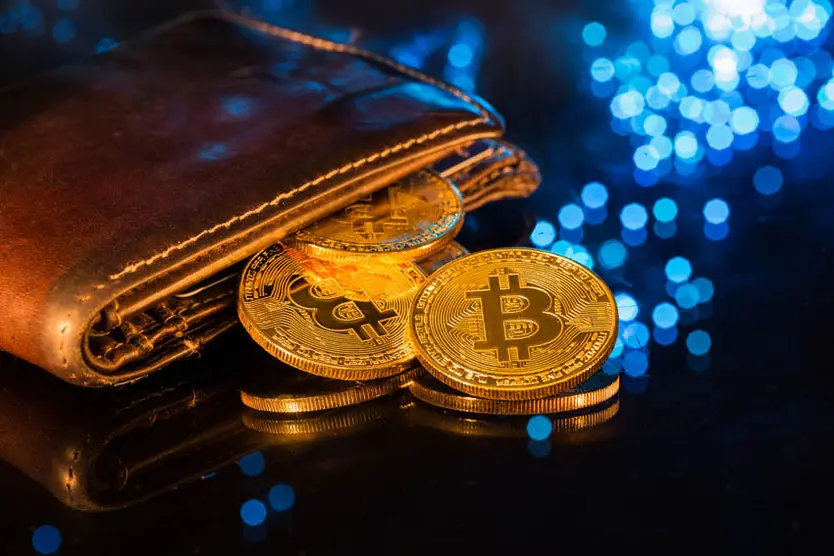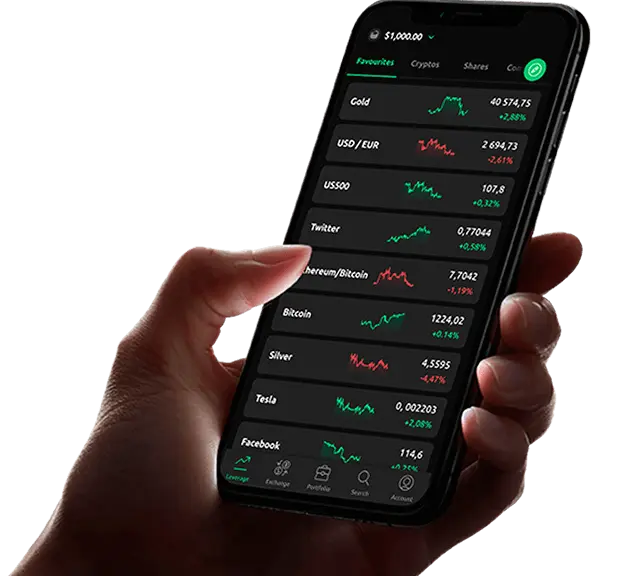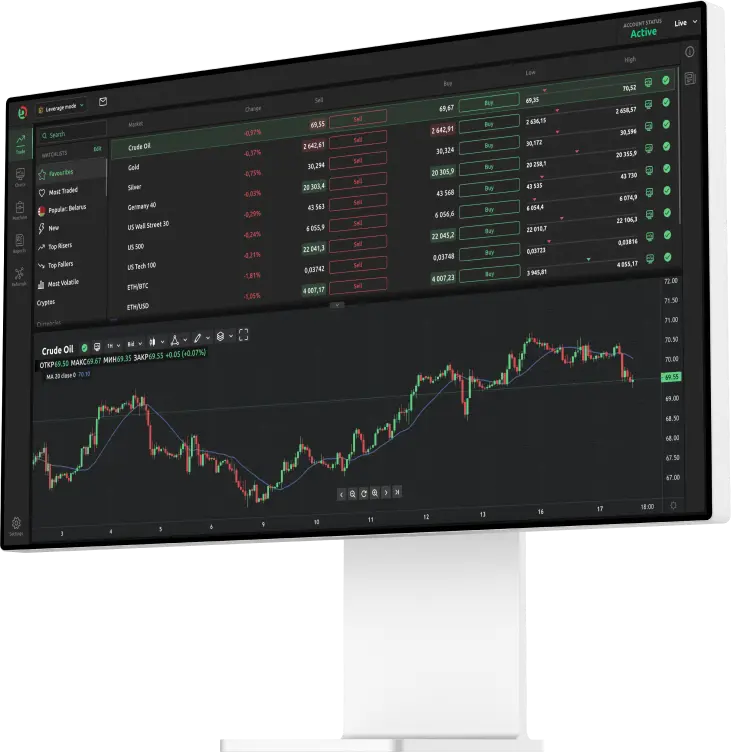A private crypto key is essential – but if lost or stolen you could lose everything

For cryptocurrency users wanting to access their assets, a private key is essential. Here, we’re going to explore how they work in more detail, and share some top tips for keeping bitcoin, ethereum and other tokens secure.
Let’s start with the basics. A private key is normally coupled with a public address where the user can receive crypto payments from others, as well as send them.
If we were comparing the crypto key system with traditional forms of banking, the public address would be your bank account and the private key would be the PIN that enables you to make withdrawals.
What is a private key?
If you’ve never seen what a private key looks like, imagine a long, long string of numbers and letters that have been jumbled together at random.
This crypto key is mathematically related to the public address, but advanced levels of private-key cryptography mean it would be near impossible to break the code and derive one from the other.
Indeed, even if you had the world’s most advanced supercomputer on hand, it would take billions of years – if not trillions of years – to achieve.
The concept of a crypto private key is at the beating heart of bitcoin, as well as the many thousands of digital currencies that followed. But because these coins and tokens are decentralised, keeping private keys safe is nothing short of essential.
Losing access to your funds
Losing a bank account PIN need not be a disaster because you can simply ask your bank for a new one. Misplacing a private crypto key can mean your funds remain inaccessible forever.
There have been several cringe-inducing cases where crypto investors have learned this the hard way. James Howells, an IT technician from Newport, Wales, inadvertently threw away a hard drive that had the private keys he needed to access his 7,500 bitcoins. At today’s rates (November 2021) they would be worth a whopping $480m.
The disk is now languishing at a nearby landfill site. Despite Newport City Council being offered a 10% cut if he is allowed to search for the treasure, it has refused on environmental grounds. In 2021, he upped the ante, offering a 25% donation to a Covid relief fund if the search is successful. There is also the curious case of Gerald Cotten, who we’ll get to a bit later.
How to keep your private key safe
Thankfully, keeping your private key safe need not be a hassle. It is also possible to establish several back-ups just to be cautious – but it is important that these are kept secure. If anyone lays their hands on a key without your authorisation or knowledge, they will be able to claim the crypto for themselves without any scrutiny. Here are three top tips for staying protected.
1. Use a hardware wallet
For those nervous about keeping their crypto assets anywhere near an internet connection, a hardware wallet can be a blessing. These physical devices have the sole objective of keeping your coins and tokens safe.
A hardware wallet is known as a form of ‘cold storage’ and manufacturers of this equipment claim they reduce the chance of malware attacks. Some models generate their own private keys and offer a way of recovering the crypto they hold in the event that the device is lost or stolen.
While some hardware wallets are focused solely on bitcoin, others accept a plethora of cryptocurrencies. It’s always worth performing detailed research before deciding to invest in one of these products. Although they have a good track record of keeping crypto safe, it’s crucial to make sure the manufacturer has a good reputation. A more low-tech alternative involves storing your crypto private key on a USB stick.
2. Paper wallet
In theory, it is possible for you to write out your private key longhand on a piece of paper, lock it in a safe and access it when you need it. However, this process is fraught with risks. Given how many characters make up a private key, the slightest error during transcription could mean you’re unable to access your coins. That said, there are nifty tools out there that enable you to print out your public address and private key on a piece of paper, complete with a QR code for easy access.
3. Be cautious with exchanges
Many consumers who can’t get their head around the process of how to get crypto keys often rely on a centralised exchange that does it for them. This can have its perks, but with hardware wallets, due diligence is vital to make sure the company can be trusted with your funds.
As well as having robust security measures to fend off hack attacks – which sadly remain a frequent occurrence to the tune of hundreds of millions of dollars – they require cold storage arrangements that are prepared for every eventuality.
To illustrate what we mean, look at the case of Canadian exchange QuadrigaCX. Its founder Gerard Cotten died suddenly in India at the age of 30 from complications relating to Crohn’s disease in December 2018.
The company was looking after crypto worth an estimated $190m at the time. But Mr Cotten was the only person in the business who had access to the cold wallet, leaving users unable to access their funds. The company was declared bankrupt and the Royal Canadian Mounted Police and the FBI launched an investigation. There have been some claims that Mr Cotten is not, in fact, dead.
Keeping your private key safe
With a little common sense, there’s no reason why holding cryptocurrency should be seen as risky. Your main priorities need to be ensuring that your assets are kept out of reach of cybercriminals in a secure and resilient way. And, as morbid as it seems, it’s also worth establishing a contingency plan so your loved ones will be able to access your coins and tokens if something happens to you.

